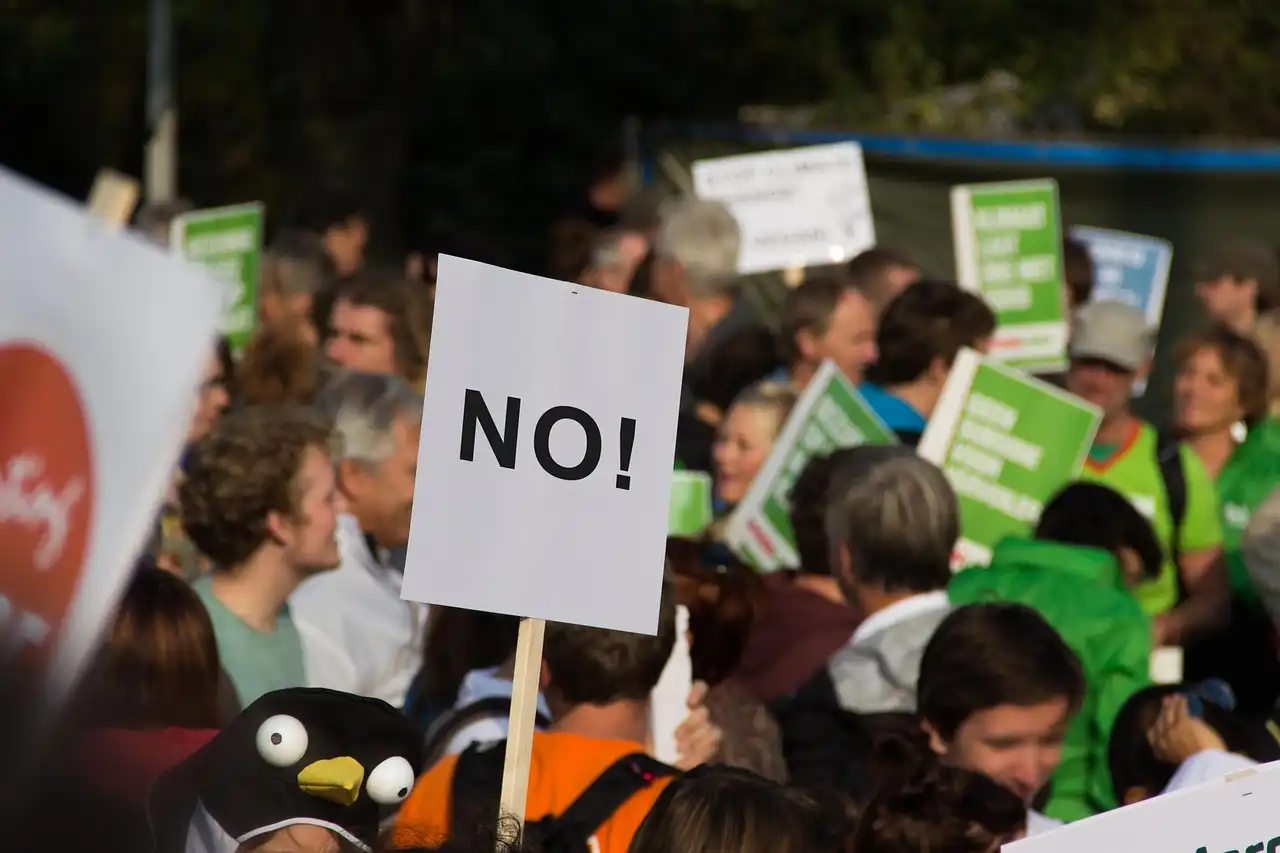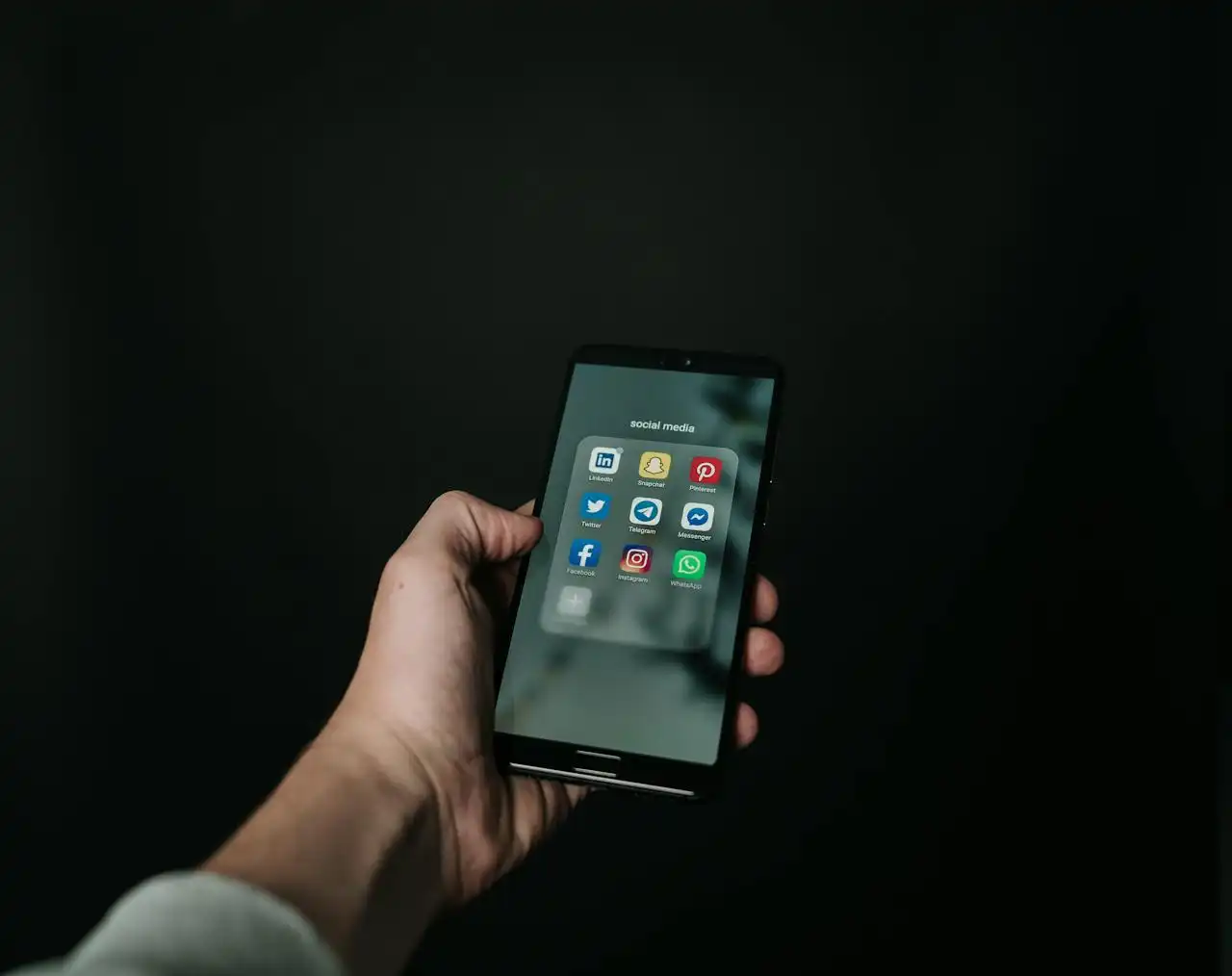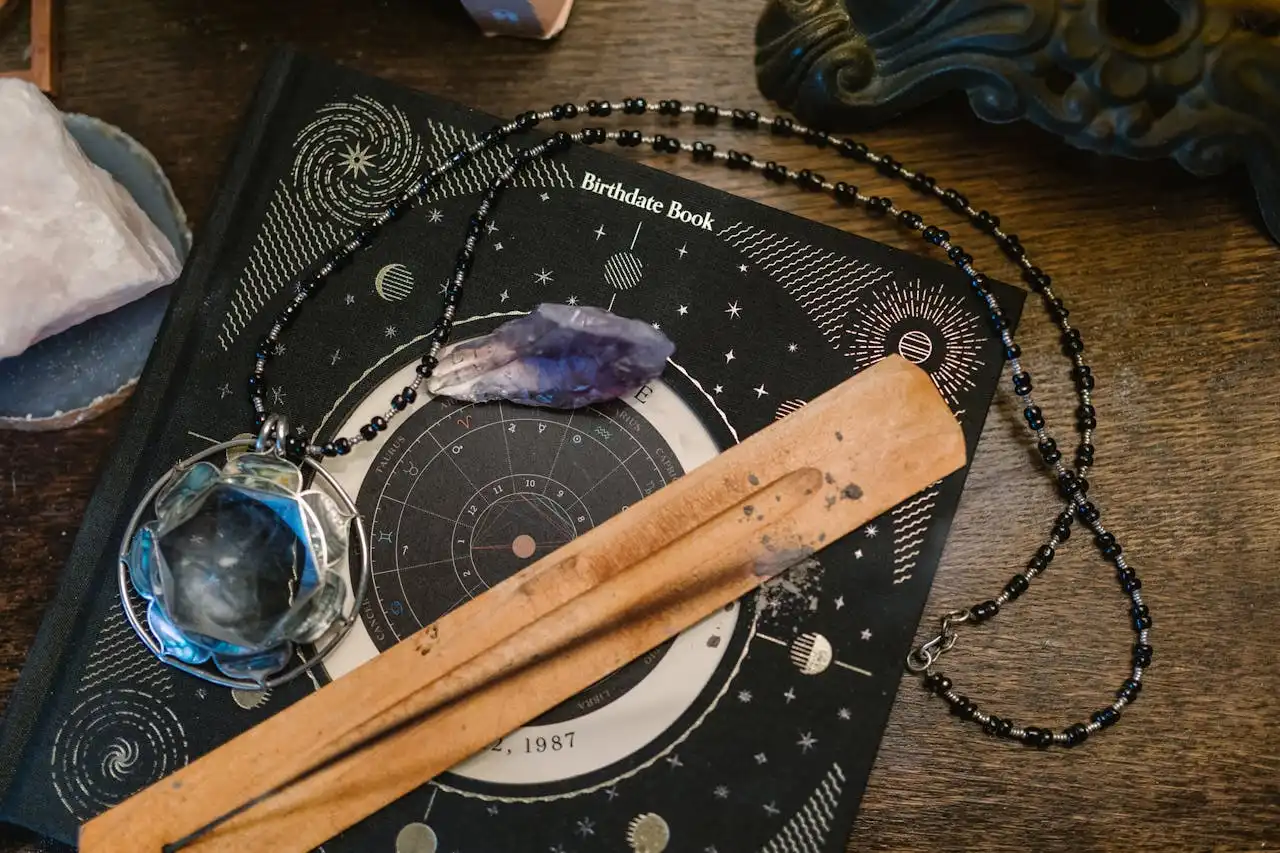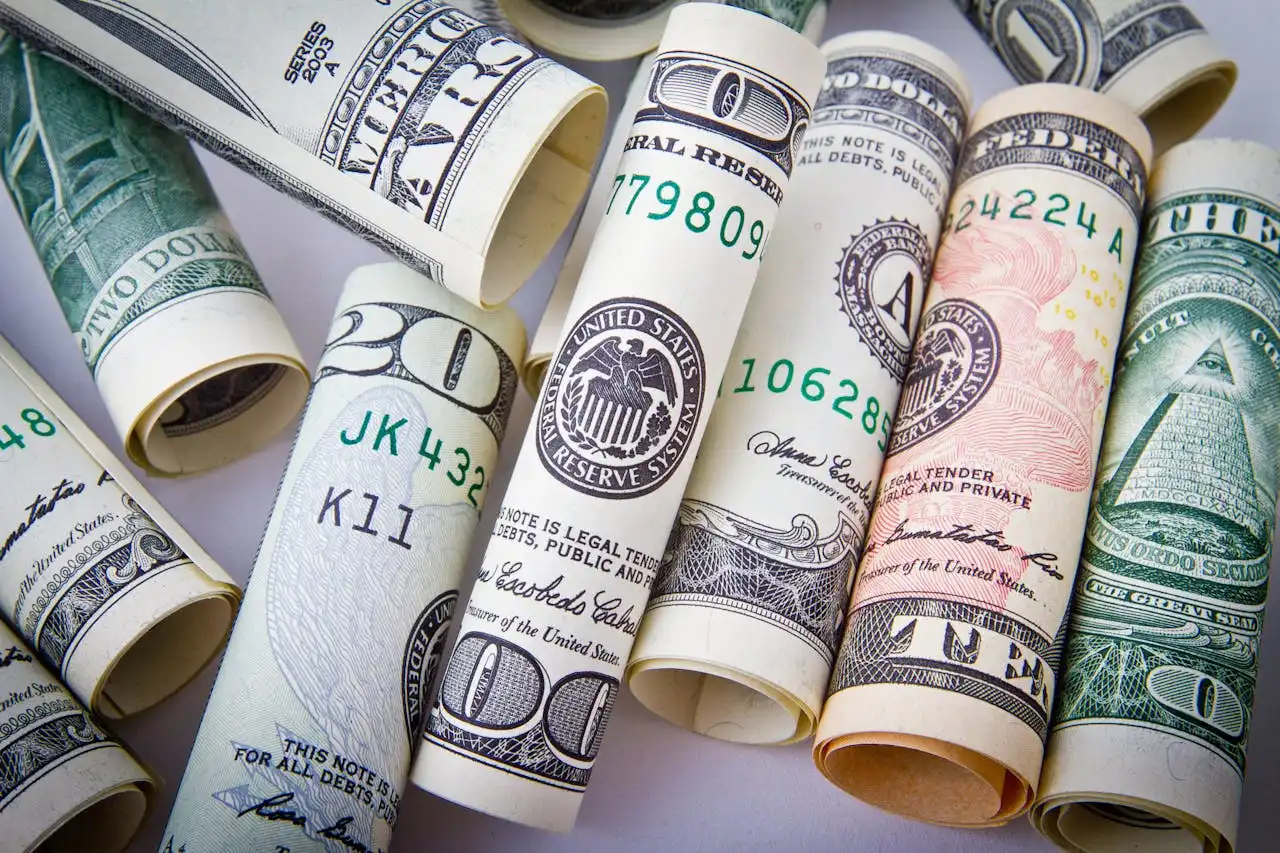Why Do Weekends Feel Short? Managing Your Time to Make Them Feel Longer
Muhe - Saturday, 02 August 2025 | 04:00 PM (WIB)


The Elusive Weekend: A Universal Mystery
You know the drill. Friday evening, the world is your oyster. You’ve got a whole 48 hours stretching before you, ripe for adventure, relaxation, or finally tackling that laundry mountain. You hit the ground running, maybe grab drinks with friends, sleep in a little on Saturday, and then suddenly it’s 3 PM on Sunday, and you're staring at your to-do list, realizing you've barely scratched the surface of your weekend ambitions. The "Sunday Scaries" are real, folks, and they’re often amplified by the feeling that we didn't fully *experience* the time we had.It’s not just in your head, promise. There's a cocktail of psychological factors at play here, tricking our brains into perceiving time differently. Understanding these sneaky culprits is the first step to reclaiming your downtime and making it feel more expansive.Why Does Time Play Tricks On Us? The Science (Sort Of)
So, what gives? Why does time feel like a sprinter on the weekend and a snail during the workweek? It boils down to a few key perceptions:- The Novelty Effect: Our brains are novelty-seeking machines. When we encounter new experiences, our brains record more information, making the duration of that experience feel longer in retrospect. Think about your first day at a new job – it felt incredibly long, didn't it? That’s because every little thing was a new input. Weekdays, for many of us, are routine. Repetitive tasks, predictable schedules – our brains process this familiar input efficiently, making the hours fly by. Weekends, conversely, are often packed with diverse activities, which *should* make them feel longer, right? Ah, but here’s the rub…
- The Paradox of Cramming: We often try to cram *too much* novelty into a short space. We want to see friends, do hobbies, run errands, relax, exercise, and still have time for deep contemplation. This mental pressure and the frantic rush to tick off boxes can make the weekend feel like a blur of activity rather than a leisurely stretch of time. It’s like trying to drink from a firehose – you get wet, but you don’t really taste the water.
- Anticipation vs. Reflection: During the workweek, we spend a lot of time *anticipating* the weekend. This anticipation stretches out the perception of the preceding days. But once the weekend hits, we're in it, and there's less time for that expansive, forward-looking feeling. Afterward, we reflect on it, and if it was a blur, it feels short.
- The Contrast Effect: The stark difference between the structured, often high-pressure workweek and the supposedly relaxed, unstructured weekend can make the latter feel even more fleeting. We transition from a state where every minute is accounted for to one where time is suddenly "free," and this freedom can feel overwhelming, leading to a sensation of it slipping away.

Your Weekend Won't Recharge Itself: A Guide to Crushing the Energy Reset
6 months ago

The Hidden Horrors of Tear Gas: More Than Just a Fleeting Sting
6 months ago

1312: The Meaning, Origin, and Social Context of the Notorious Number
6 months ago

The Digital Tightrope: How Social Media Puts a "Double Burden" on Today's Teens
6 months ago

Say Goodbye to Awkward Texts: WhatsApp Unveils Your New AI Writing Coach
6 months ago

The Secret Weapon of Penguins: Why Their Poop is More Impressive Than You Think
6 months ago

NVIDIA Crushes New Record, Yet Market Concerns Still Exist Over "AI Bubble"
6 months ago

Your Cosmic DNA? Unpacking How Zodiac Signs Shape Who We Are
6 months ago

The Siren Song of Easy Money: Why We Can't Resist
6 months ago

Unplug and Recharge: Your Guide to Escaping the Gadget Grip
6 months ago
